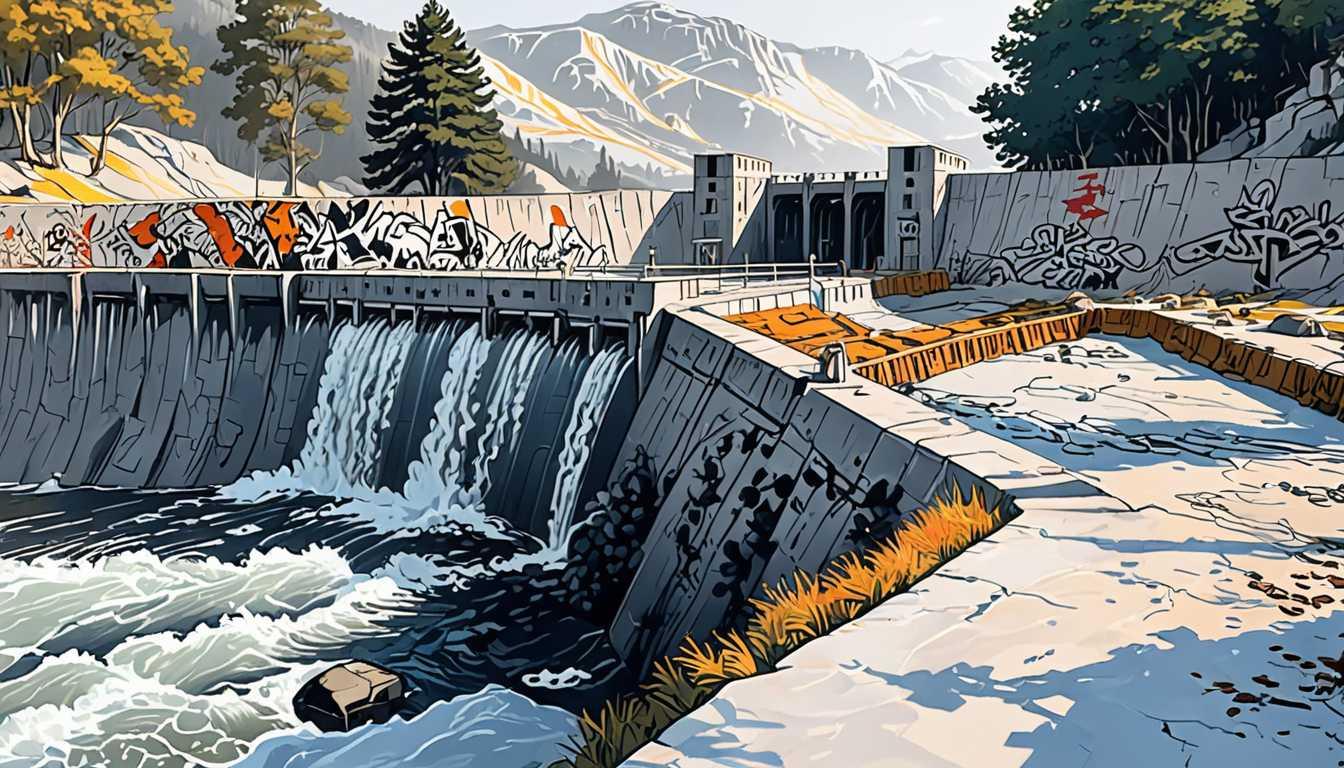High Seas: A New Hope
March 2023
BBC
Introduction
Dive into the deep end with the BBC's latest splash: the UN High Seas Treaty! After a decade-plus marathon of negotiations, the world's nations have finally agreed to safeguard our oceanic backyard. Imagine turning 30% of international waters into no-fish zones, pumping cash into marine conservation, and setting ground rules for seabed mining. It's a big win for our finned, shelled, and tentacled friends, aiming to turn the tide on biodiversity loss and pave the wave for sustainable development. Ready to plunge into the details?
READ FULL ARTICLEWhy It Matters
Discover how this topic shapes your world and future
Diving Deep into Ocean Protection
Imagine a world where our oceans, covering more than 70% of the Earth's surface, are no longer teeming with life. The UN High Seas Treaty is a beacon of hope in the quest to prevent such a dystopian future. It's about protecting the vast expanses of water that belong to no single nation but are crucial for the survival of countless marine species and, by extension, humanity itself. This treaty is a monumental step towards safeguarding 30% of the world's oceans by 2030, ensuring they remain vibrant and full of life. It addresses pressing issues like overfishing, pollution, and the impacts of climate change, which threaten marine biodiversity. For you, living in a time of environmental awakening, this topic isn't just about fish and whales; it's about understanding how interconnected our planet is and how your actions on land can ripple across the sea. It's a call to think globally and act locally, recognizing that preserving our oceans is not just an environmental duty but a crucial step towards sustaining our future.
Speak like a Scholar
Biodiversity
The variety of life in the world or in a particular habitat or ecosystem. It's like the vast library of life, where every species is a unique book.
Marine protected areas (MPAs)
Sections of the ocean where human activity is restricted to protect the natural environment. Think of them as underwater sanctuaries.
Overfishing
Catching too many fish faster than they can reproduce, leading to a drastic reduction in fish populations. It's like eating a cake faster than you can bake it.
Acidification
The process by which the ocean becomes more acidic due to absorbing excess carbon dioxide from the atmosphere, affecting marine life's ability to thrive.
Marine genetic resources
Biological materials from ocean plants and animals that can be used for various benefits, such as creating new medicines or improving food security.
Environmental assessments
Evaluations of the environmental consequences of plans, policies, programs, or actual projects prior to the decision to move forward with the proposed action. It's like doing a thorough check-up before starting a new diet or exercise plan.
Independent Research Ideas
The role of MPAs in preserving marine biodiversity
Dive into how marine protected areas contribute to the conservation of marine life and what makes them effective or otherwise. Explore the balance between human activity and conservation efforts.
Impact of ocean acidification on coral reefs
Investigate how the increased acidity of the oceans is affecting coral reefs, the marine life that depends on them, and the communities that rely on reef ecosystems.
Sustainable fishing practices and global food security
Examine sustainable fishing methods and their significance in ensuring food security for coastal communities and the world at large.
The ethics of deep sea mining
Delve into the moral considerations of mining the ocean floor for minerals. Weigh the technological and economic benefits against the environmental and ecological costs.
Marine genetic resources - A treasure trove for medicine
Explore the potential of marine genetic resources in the development of new pharmaceuticals. Investigate how these resources are shared globally and the implications for medical advancements.




